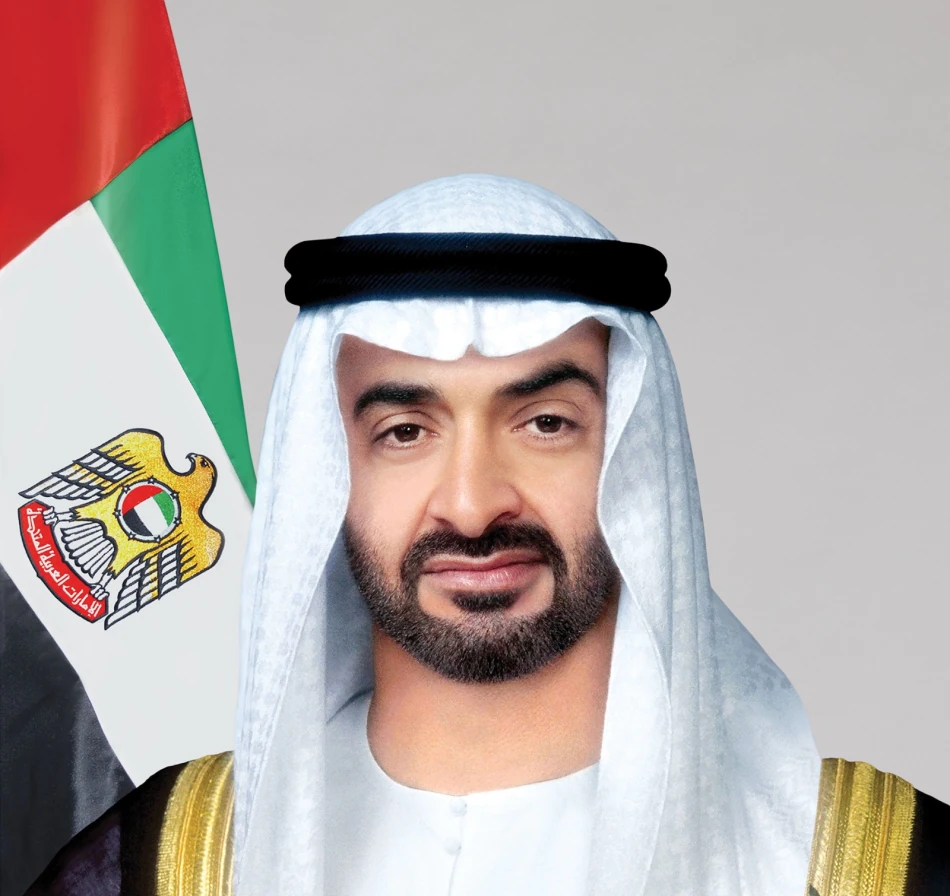
UAE President Visits Angola in Historic State Trip
UAE President Launches Strategic African Expansion with High-Stakes Angola Visit
UAE President Sheikh Mohammed bin Zayed Al Nahyan has arrived in Angola for a state visit that signals the Emirates' intensifying focus on African markets amid global economic shifts. The delegation's composition—featuring key ministers overseeing energy, investment, climate, and central banking—suggests this trip extends far beyond diplomatic courtesy calls into serious economic partnership territory.
Power Players Signal Serious Intent
The visiting delegation reads like a who's who of UAE economic leadership. Sheikh Mohammed bin Zayed brought along Deputy Prime Minister Sheikh Saif bin Zayed Al Nahyan, multiple senior ministers, and notably, Central Bank Governor Khaled Mohamed Balama. When central bank governors join state visits, financial agreements typically follow.
The inclusion of ministers covering energy infrastructure, climate change, investment, and foreign trade creates a comprehensive toolkit for negotiations. This isn't exploratory diplomacy—it's deal-making at the highest levels.
Angola: Africa's Overlooked Economic Prize
Angola represents exactly the type of opportunity the UAE has mastered elsewhere. The country possesses vast oil reserves, diamond deposits, and agricultural potential, but lacks the capital and expertise to fully monetize these assets. This dynamic mirrors successful UAE partnerships across Africa and Asia over the past decade.
Strategic Timing Matters
The visit comes as Angola works to diversify beyond oil dependency—a challenge the UAE understands intimately. With global energy markets in flux and African economies seeking new partnership models beyond traditional Western or Chinese frameworks, the UAE offers a compelling third option: Gulf capital combined with operational expertise.
The UAE's African Playbook
This Angola engagement follows established UAE patterns across Africa. The Emirates has systematically built influence through port investments in Somalia, agricultural projects in Sudan, and financial partnerships across the continent. Angola's Atlantic coastline and mineral wealth make it a natural next target.
Unlike Chinese Belt and Road initiatives that often emphasize infrastructure loans, UAE investments typically focus on operational partnerships and direct equity stakes. This approach has proven more sustainable and politically palatable in multiple African markets.
Market Implications and Investment Signals
For investors, this visit indicates several trends worth monitoring. First, UAE sovereign wealth funds and state-linked companies will likely announce significant Angola commitments in coming months. Second, Angola's currency and bond markets may benefit from UAE financial backing and technical assistance.
The presence of the climate change minister also suggests renewable energy projects could feature prominently. Angola's hydroelectric potential combined with UAE solar expertise creates obvious synergies, particularly as European markets seek African clean energy alternatives.
Geopolitical Chess Moves
This partnership also serves broader geopolitical purposes. The UAE continues positioning itself as a bridge between Western markets and developing economies, offering an alternative to both traditional colonial relationships and newer Chinese partnerships. Angola, seeking to reduce dependence on any single partner, benefits from this diversification.
The timing coincides with increased Western interest in African critical minerals and energy resources, giving Angola additional leverage in negotiations. The UAE's established relationships with both Western investors and African governments make it an ideal intermediary for complex deals.
Bottom line: When the UAE sends this caliber of delegation to an African nation, significant capital deployment typically follows. Angola's resource wealth and strategic location make it an attractive target for UAE investment strategies that have succeeded elsewhere on the continent.
Most Viewed News

 Sara Khaled
Sara Khaled






